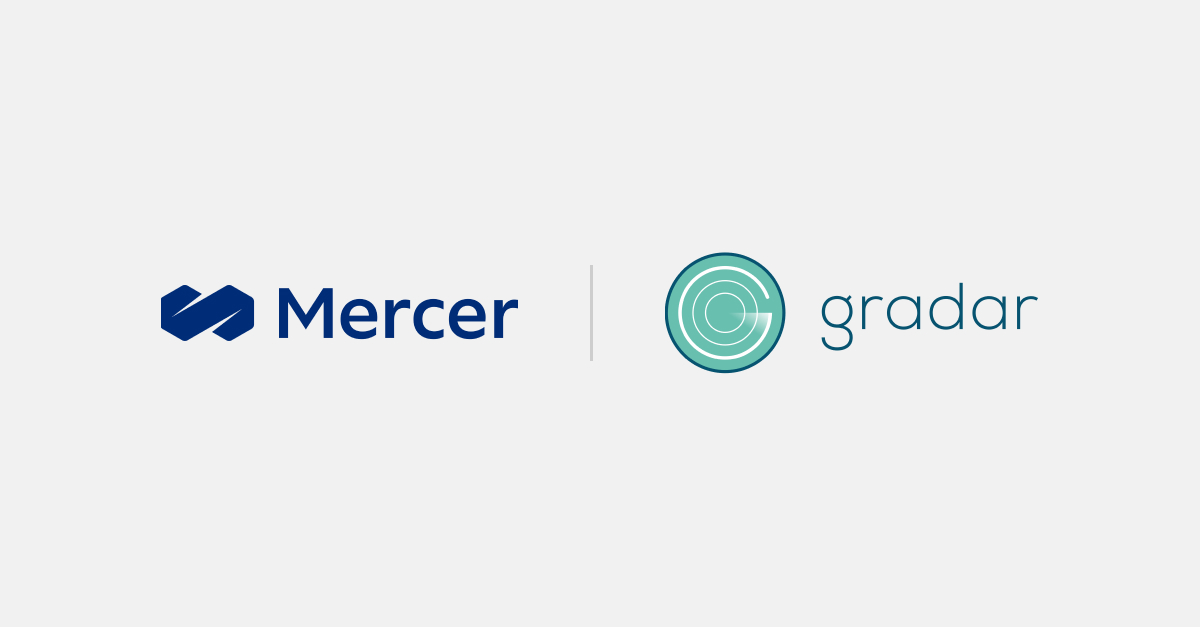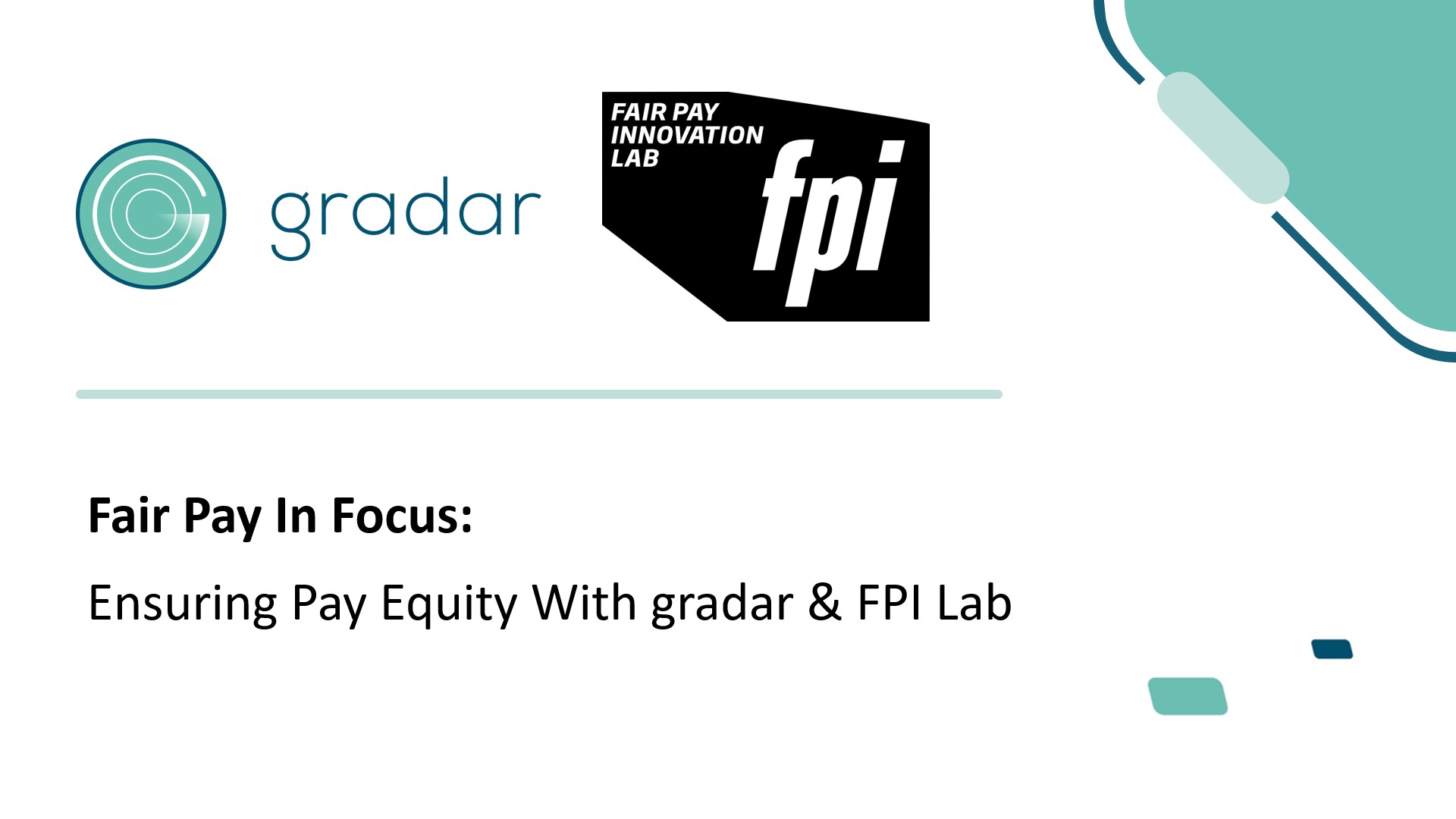Pay transparency and the EU Directive
Pay transparency refers to companies being open about the compensation received by their current and prospective employees. In recent years, pay transparency has become a popular tool to battle wage discrimination such as the gender pay gap.
For companies in the European Union, this principle of pay transparency is no longer a recommendation - it’s a legal requirement. The EU Pay Transparency Directive has arrived and is already changing the landscape of compensation.
By July 2026, companies with more than 150 employees will be required to comply with these new regulations - yet more than 80% of European organisations have still taken no action towards achieving pay transparency and pay equity in their workplace.
Our research project and its targets
Our research interest is divided into fundamental and applied research to determine how far away companies are from meeting requirements of the EU directive, what kind of support they may need in its implementation and even more importantly: to identify success factors for implementing pay transparency.
Our medium-term goal is to develop a maturity model based on our research to help organisations categorise themselves in comparison to others when it comes to the extent to which they fulfil the requirements of this new legislation.
Gaining insights
Many unanswered questions remain regarding implementing the legal requirements for pay transparency in companies. We want to close these knowledge gaps empirically.
Promoting exchange
We make the results available to the HR community free of charge. We present our findings in publications, on social media, in presentations and at events and enable discussions.
Developing solutions
As a technology and software company, we translate knowledge gained from our research into products, services and technical solutions that are made available to our customers.
Pay transparency webinar
We hosted a free webinar where our experts summarise the legislation’s key requirements and explore whether participating companies are implementing the recommended processes for compliance based on their responses to our study.
- What is the EU Directive on pay transparency?
- What are the requirements for companies?
- What do HR professionals need to be aware of?
- What are possible implementation strategies and solutions?
The research team
Prepare for a new era of pay transparency
In our comprehensive research project, we want to find out to what extent companies are prepared for the requirements of the EU directive on pay transparency. The project is being scientifically supported by Dortmund University of Applied Sciences and Arts.




